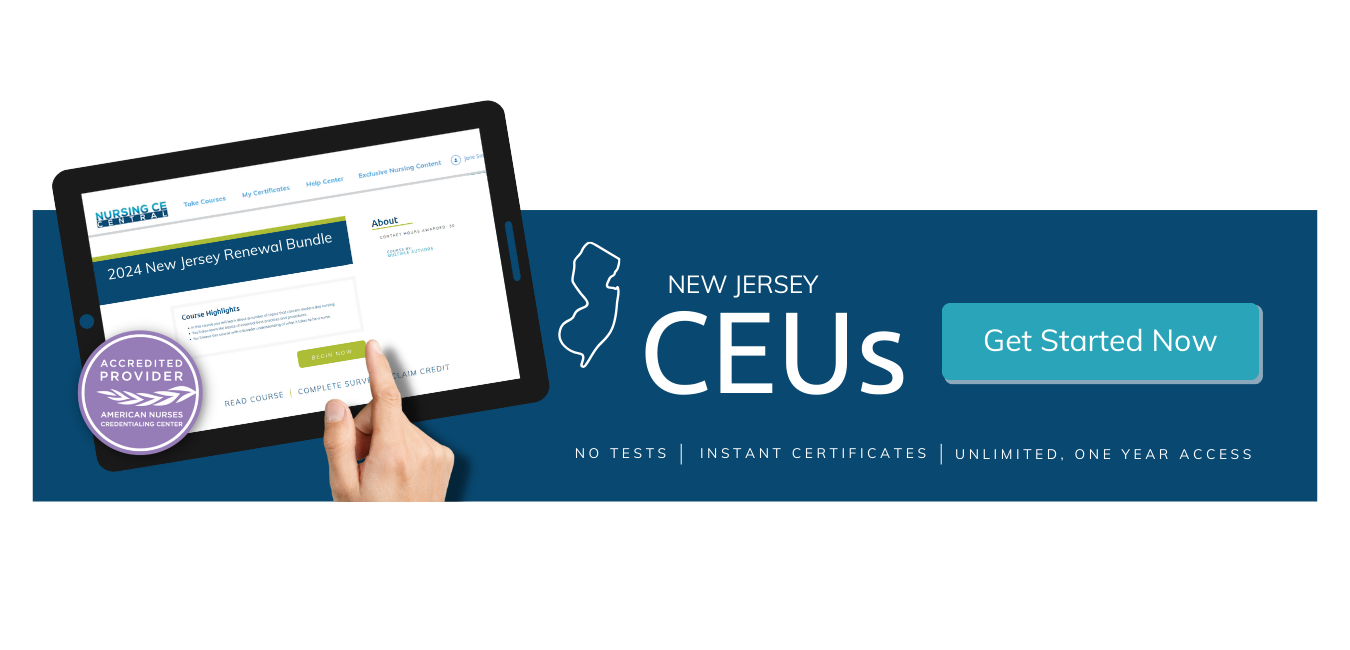What Can I Do to Learn More About an AKI?
AKI is a serious medical emergency and can be diagnosed by clinical assessment and blood tests that examine kidney function, such as creatinine levels, glomerular filtration rate (GFR) levels, and complete blood count (CBC) levels.
Looking at a patient’s mental state, intake and output, vital signs, and blood loss are also critical in determining if they are at risk or could have AKI.
AKI can be indicated if any of the following are present:
- Increase in serum creatinine by 0.3 mg/dL or more (26.5 micromoles/L or more) within 48 hours
- Increase in serum creatinine to 1.5 times or more baseline, within the prior 7 days
- Urine volume less than 0.5 mL/kg/h for at least 6 hours
Common nursing interventions for patients with AKI include:
- Restoring fluid balance
- Preventing infection
- Weighing the patient daily
- Administering medications
- Improving nutritional intake
Depending on the severity of AKI, lifestyle changes might be necessary as well. AKI is often resolved within a few days of detection. Yet, in some cases, AKI can lead to chronic renal failure or death.





